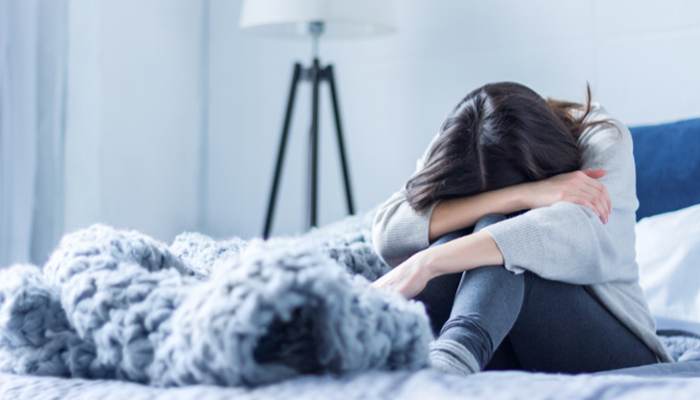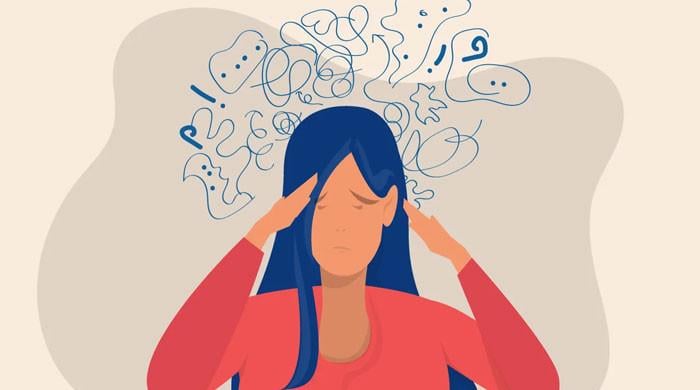How to combat depression with lifestyles changes?
Depression is curable without medicines with just some altercations in lifestyle and daily habits
By Web Desk
January 09, 2024
Depression is a serious condition, and while coping mechanisms can play a valuable role, it's important to consult a mental health professional or doctor for diagnosis and guidance. They can assess your specific situation and offer the most appropriate treatment plan, which may or may not include medication.
That being said, here are some non-medicinal strategies that can help manage depression symptoms:
Lifestyle changes
- Exercise: Regular physical activity has a well-documented positive impact on mood and mental health. Aim for at least 30 minutes of moderate exercise most days of the week.
- Sleep: Prioritize 7-8 hours of quality sleep each night. Maintaining a consistent sleep schedule is also important.
- Diet: Eat a balanced and nutritious diet rich in fruits, vegetables, and whole grains. Limit processed foods, sugar, and unhealthy fats.
- Sunlight: Get regular exposure to natural sunlight, which can help regulate your mood and sleep cycle.
- Stress management: Practice relaxation techniques like yoga, meditation, or deep breathing exercises to manage stress, a major contributor to depression.
- Social connection: Spend time with loved ones and engage in activities you enjoy. Isolation can worsen depression, so prioritize social interaction.
Cognitive and behavioral strategies
- Combat negative thoughts: Pay attention to your self-talk and identify negative thought patterns. Challenge them with more realistic and positive perspectives.
- Practice gratitude: Focus on the things you are grateful for, even small things. Keeping a gratitude journal can be helpful.
- Set realistic goals: Set small, achievable goals for yourself and celebrate your accomplishments. This can boost your confidence and motivation.
- Learn new things: Stimulate your mind by learning new skills or taking up new hobbies.
- Volunteer: Helping others can give you a sense of purpose and boost your mood.
Complementary and alternative therapies
- Mindfulness: Mindfulness practices like meditation and yoga can help you become more aware of your thoughts and feelings without judgment, leading to greater acceptance and emotional regulation.
- Talk therapy: Therapy can provide a safe space to explore your feelings, learn coping mechanisms, and develop healthy ways to manage depression.
- Light therapy: For some people, seasonal affective disorder (SAD) can contribute to depression. Light therapy can help regulate your circadian rhythm and improve mood.
Remember
- Recovery takes time: Be patient with yourself. Treatment for depression takes time and effort, so don't get discouraged if you don't see results immediately.
- Seek support: Don't hesitate to reach out for help from friends, family, mental health professionals, or support groups. You are not alone.
-
Benefits of magic potion that is Apple Cider Vinegar
-
Why too much caffeine can jeopardise your health
-
Refreshing and Nutritious: Healthy Drinks for Your Perfect Lifestyle
-
What is Cortisol belly? How can you get rid of it?
-
Top five reasons to add oats in your beauty regime
-
Power of Sunblock: Your Key to Radiant Skin and Healthier Living
-
Impact of Flavonols on mortality rate, cancer, cardiovascular disease
-
Cosy Cardio: Comfortable fitness trend anyone can follow












